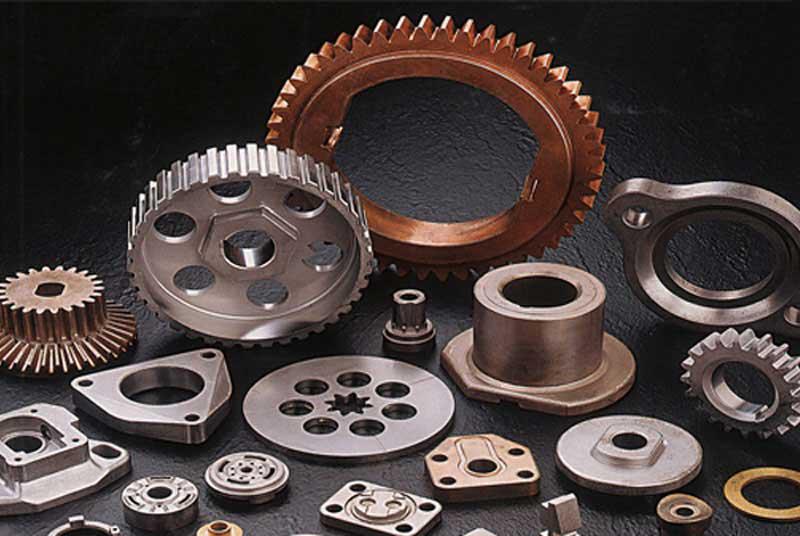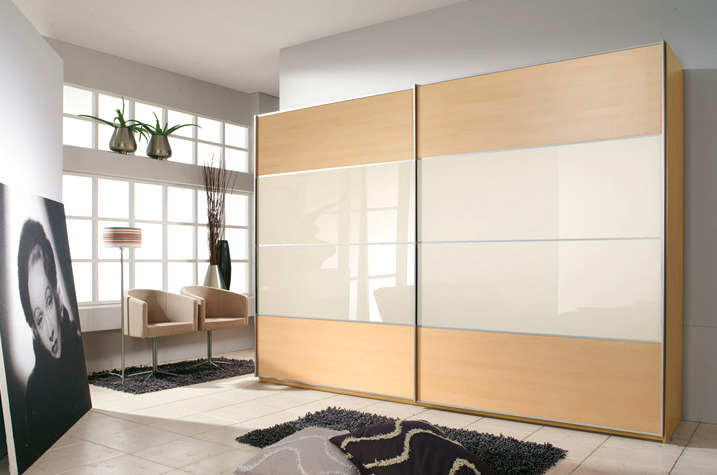Die casting is a manufacturing process that has gained significant traction in Malaysia in recent years. This method, known for its efficiency and precision, plays a crucial role in various industries across the country. From automotive to electronics, die casting has become integral to the production of high-quality components and parts. In this article, we delve into the world of die casting in Malaysia, exploring its significance, growth, and impact on the local economy.
The die casting industry in Malaysia has experienced rapid expansion, driven by the country’s strategic location, skilled workforce, and robust infrastructure. Companies in Malaysia leverage die casting to produce a wide range of products, including automotive components, electrical enclosures, and consumer electronics. With advancements in technology and manufacturing processes, die casting has become increasingly sophisticated, allowing for the production of complex and intricate parts with tight tolerances.
One of the key advantages of die casting is its ability to deliver cost-effective solutions without compromising on quality. In Malaysia, die casting offers manufacturers a competitive edge by reducing production time and minimizing material waste. This efficiency translates into lower production costs and faster time-to-market for products, making Malaysian companies more competitive in the global marketplace.

Furthermore, aluminum die casting Malaysia plays a vital role in driving innovation and product development in Malaysia. By collaborating with design engineers and material experts, die casting manufacturers in the country can create custom solutions tailored to meet the specific needs of their clients. This flexibility and adaptability have positioned Malaysia as a preferred destination for companies seeking high-quality die casting services.
The automotive industry is one of the primary beneficiaries of die casting in Malaysia. With the growing demand for lightweight and fuel-efficient vehicles, die casting offers automotive manufacturers the ability to produce lightweight yet durable components such as engine blocks, transmission cases, and structural parts. This trend towards lightweighting has propelled the adoption of die casting in the automotive sector, driving further growth in the industry.
In addition to automotive applications, die casting also finds extensive use in the electronics industry in Malaysia. The country’s thriving electronics manufacturing sector relies on die casting to produce housings, heat sinks, and other critical components for electronic devices. As consumer demand for smaller, lighter, and more powerful electronic products continues to rise, die casting remains indispensable in meeting these evolving requirements.
















